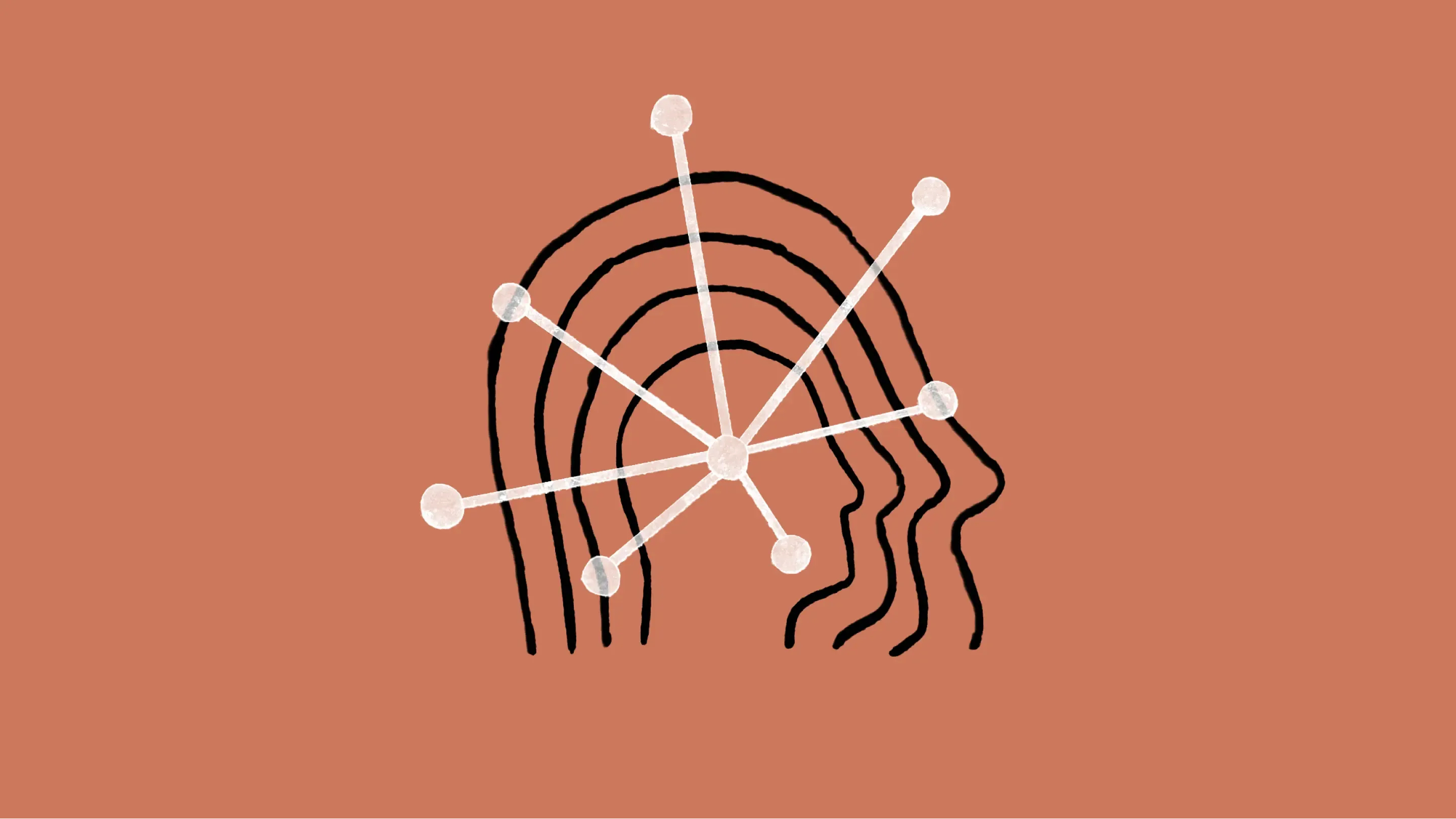US president Joe Biden has issued an executive order to establish new standards for AI safety and security.
The White House said that it was taking the “most sweeping actions ever taken” to protect Americans from the risks of AI.
The move comes just days ahead of the UK’s AI Safety Summit, which is taking place on 1 and 2 November at Bletchley Park.
The new standards would include requiring developers of the “most powerful AI systems" to share their safety test results and other critical information with the US government.
“In accordance with the Defense Production Act, the Order will require that companies developing any foundation model that poses a serious risk to national security, national economic security, or national public health and safety must notify the federal government when training the model, and must share the results of all red-team safety tests,” it said.
The order calls for the development of standards, tools, and tests to help make sure that AI systems are “safe, secure, and trustworthy”.
Additionally, the White House says that the privacy of Americans should be protected by prioritising federal support for accelerating the development and use of privacy-preserving techniques, including those that use “cutting-edge AI” and let AI systems be trained while preserving the privacy of the training data.
The measures announced by the president also include providing clear guidance to landlords, federal benefits programmes, and federal contractors to keep AI algorithms from being used to exacerbate discrimination, including making sure there is fairness in the criminal justice system by developing best practices on the use of AI in sentencing, parole and probation, pretrial release and detention, risk assessments, surveillance, crime forecasting and predictive policing, and forensic analysis.
Others areas of focus in the order include protecting consumers by advancing the responsible use of AI and supporting workers by developing principles to mitigate the harms of AI for workers by “addressing job displacement; labour standards; workplace equity; health; and safety; and data collection”.
The US administration says that it plans to work with allies and partners abroad on a strong international framework to govern the development and use of AI.
The US has already consulted on AI governance frameworks over the past few months with Australia, Brazil, Canada, Chile, the European Union, France, Germany, India, Israel, Italy, Japan, Kenya, Mexico, the Netherlands, New Zealand, Nigeria, the Philippines, Singapore, South Korea, the UAE, and the UK.
The White House said that its latest actions on AI support the UK's AI Summit, as well as Japan’s leadership of the G-7 Hiroshima Process, India’s leadership as Chair of the Global Partnership on AI, and ongoing discussions at the United Nations.
Latest News
-
FDA announces aggressive timeline for AI deployment across agency
-
Klarna CEO prioritises hiring over AI
-
NCSC CTO says quantum security transformation ‘makes fixing the Millenium Bug look easy’
-
Bain Capital data centre business sale ‘valued at over $4bn’
-
Amazon automates tech in European delivery stations
-
Co-op 'diverts goods' to remote stores following cyber-attack to avoid shortages
Bringing Teams to the table – Adding value by integrating Microsoft Teams with business applications
A decade ago, the idea of digital collaboration started and ended with sending documents over email. Some organisations would have portals for sharing content or simplistic IM apps, but the ways that we communicated online were still largely primitive.
Automating CX: How are businesses using AI to meet customer expectations?
Virtual agents are set to supplant the traditional chatbot and their use cases are evolving at pace, with many organisations deploying new AI technologies to meet rising customer demand for self-service and real-time interactions.
© 2019 Perspective Publishing Privacy & Cookies











Recent Stories